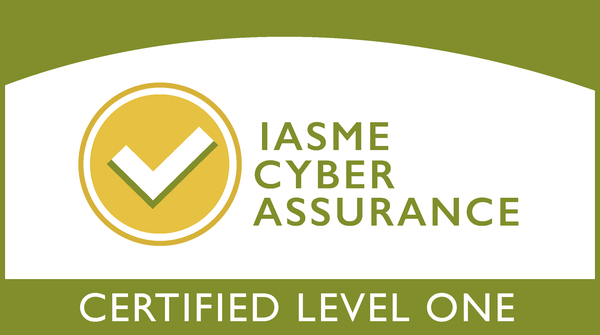We get asked a lot about whether you can run team-based learning simulation sessions virtually........
The good news is YES! This it is possible and it can be almost as effective as everybody being in the same room provided it is:
a) Properly planned and prepped for
b) The virtual meeting technology is up to the task and robust enough (given the length of the session)
c) The virtual session is executed and managed well
d) There are not too many teams (3-4 is a good number)
e) The remote participants are well-motivated and won't be put off by any little inevitable technology glitches or annoyances caused by the virtual meeting technology.
The key point is to get the full team and social learning experience each team playing the sim should have all its members in the same location.
If this is simply not possible you can do it with everyone in a different place but its needs a bit of setup and good session management and will not be quite as effective "socially" as all team members in same physical place.
So here are our 7 tips for ensuring your Virtual Team Simulation Sessions are a big success:
Tip 1: Set-up a video conference call to a person in each of the 3 locations
Tip 2: Use top of the range virtual technology – e.g. Webex, Zoom, Adobe Connect, Skype for Business.
Some of these technologies will allow you to set up and manage virtual sub-meetings which can be really useful for running a simulation with remote particpants who you wish to play the simulation in teams. For example, Zoom's virtual Breakout Rooms. If you don't have access to such a facility you should try and have each team member in the same location. For example, Team 1 in London, Team 2 in New York and Team 3 in Shanghai.
Tip 3: As facilitator you will need to easily project your screen and transfer control / be able see the other teams’ screens as you need to.
Tip 4: Within a specific team simulation there may be facilitator-only features which allow you to remotely monitor how each team is doing round by round during the session. In addition, you may be able to switch-on some level of automatic "virtual facilitator" features within the sim to provide more guidance to the teams to compensate for you not being physically present in the room with them. For example, Leaderboard, Action Replay and Insights.
Tip 5: You must do a full “technology dry run” in advance of the live session to make sure the technology is working correctly in all locations – small things like poor sound or acoustic feedback can really impact a session negatively.
Tip 6: It may make sense to use the video technology just for the screen-sharing and have a separate high-quality audio connection using a professional conference phone just for the sound in each room. Your technology dry run should determine if this is required.
Tip 7: Finally, you should take a 15-min break every 90 minutes otherwise people get frazzled or lose engagement.
If you follow these 7 tips carefully you are all set for a great virtual team learning simulation session. Good Luck!



